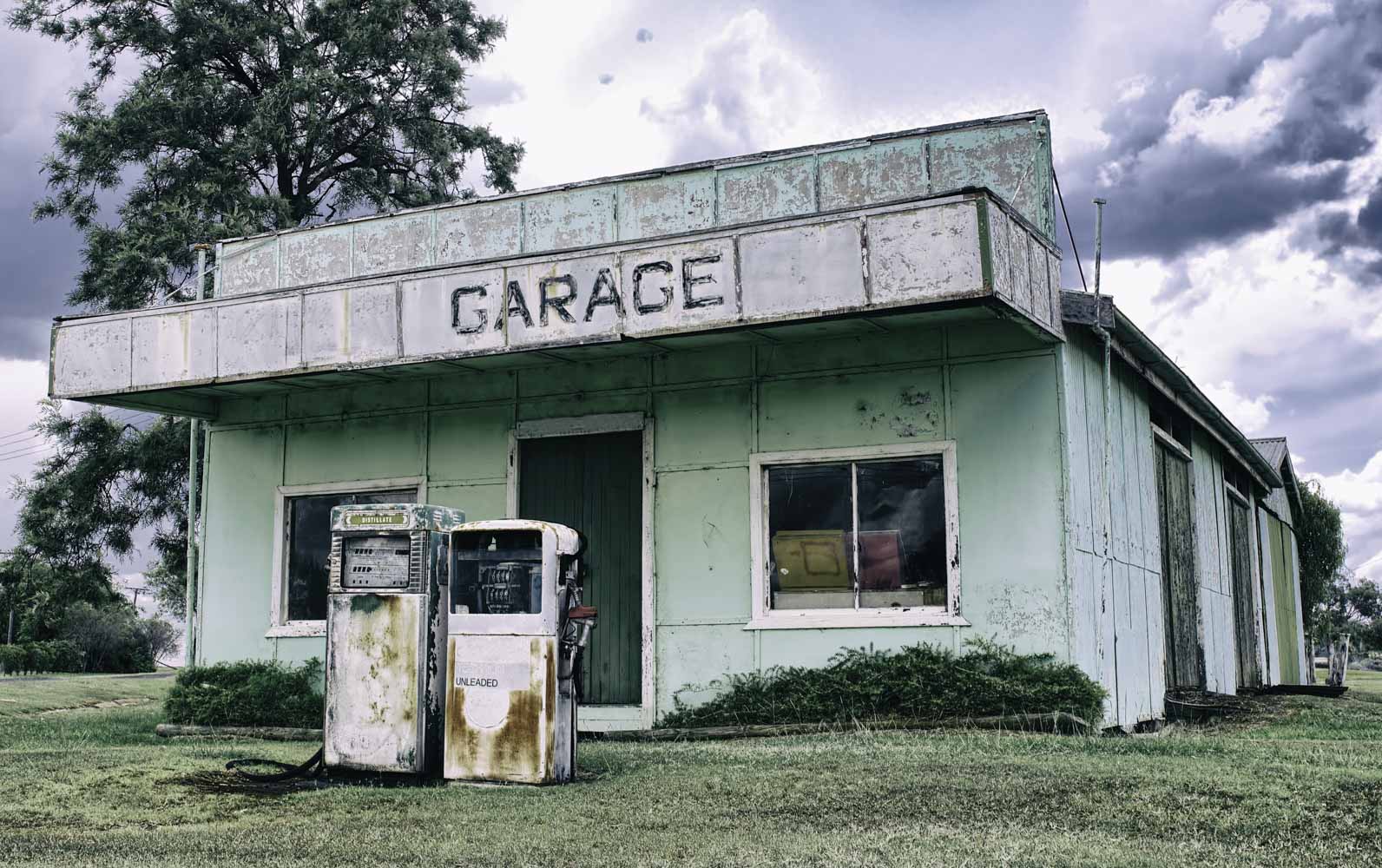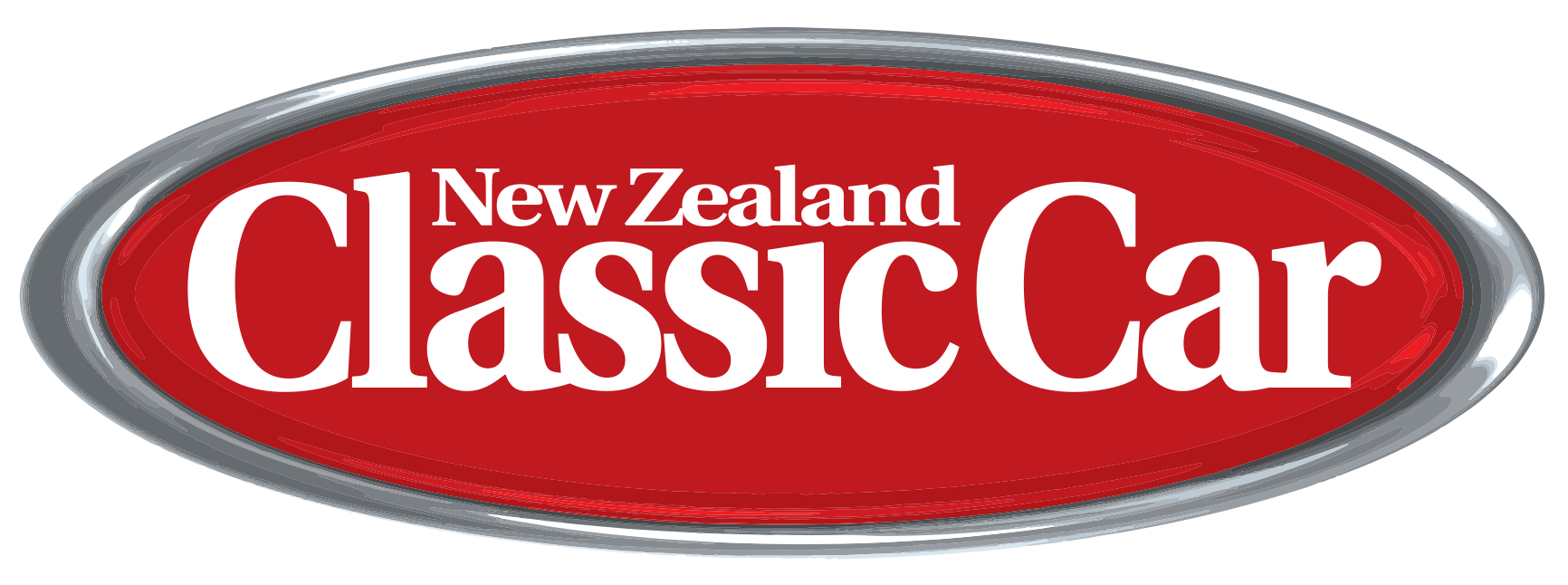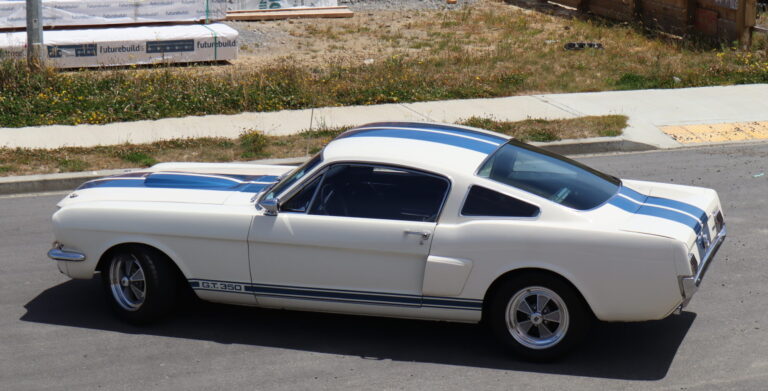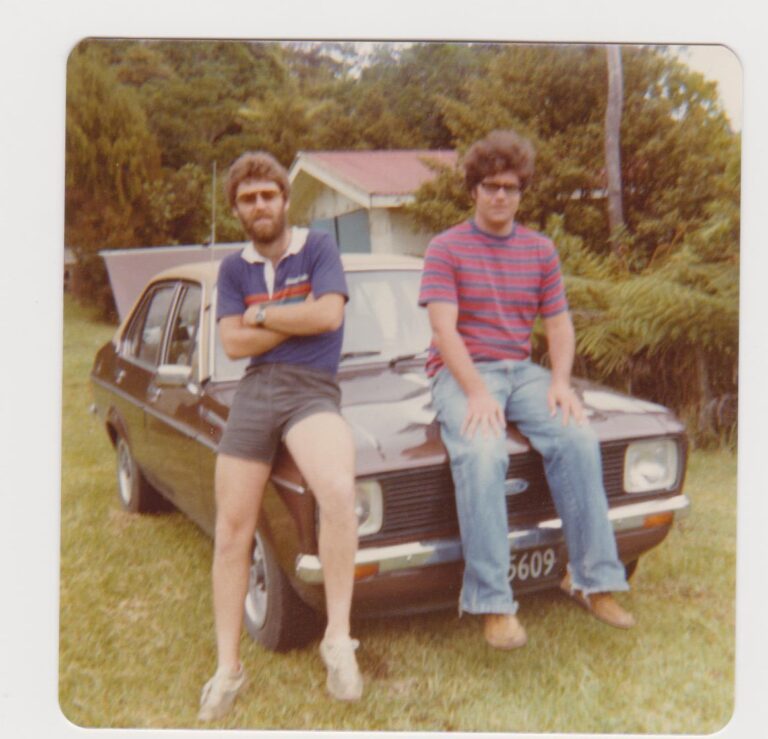data-animation-override>
“Seems like there’s some smoke and mirrors deception at play”

It’s been awhile since I’ve written about petrol. However, with my predilection for saving old newspaper cuttings of relevance, I couldn’t help but notice in recent times that, while the price of a barrel of oil has plummeted, pump prices do not seem to have followed suit to the same extent. In the past, we have been told by various oil-industry representatives that when the price of a barrel of oil increases, so does the pump price. In fact, we have been led to believe more than once that a $0.01-per-barrel increase in crude oil equated to a $0.01 increase in the pump price of a litre of standard. Although I was nowhere near the sea, I started to smell something fishy, when, in early 2015, various people started to ask why the pump price was not dropping and why taxi fares and freight charges were also not falling, despite obvious lower fuel costs.
Fluctuation
Over the Christmas break, I began gathering up information from the supposed experts, who seem to be going to great lengths to justify why petrol prices still seem to be staying higher than the average motorist would expect. For instance, in February 2015, oil was quoted as being US$54.98 a barrel, and the New Zealand dollar was buying $0.72. The pump price at that time was $1.79 for a litre of 91 octane, having just gone up some $0.04 because of ‘a depreciating New Zealand dollar’ and ‘increased commodity prices’. In February 2016, the New Zealand dollar was buying only $0.66, and the pump price was $1.85 for a litre of 91 octane.
However, the price of a barrel of oil was just under US$28, having fallen about 20 per cent this year, according to a BP spokesperson. There is speculation that the price of a barrel of oil may go as low as US$10! But, before you get too excited, let me pour some cold water on the issue.
A BP spokesperson maintained that the price of petrol will not fall below NZ$1.30 per litre and explained that government taxes make up approximately 50 per cent of the price of a litre of 91-octane petrol. The spokesperson claimed that just over a quarter of the pump price is the actual cost of the refined petrol and 50 per cent is tax. Remember that we pay GST on the total cost of a litre of fuel, so we are in effect paying tax on the tax!
What I found interesting is that the various spokespeople are now talking about ‘refined product’ as opposed to the crude price. So, (apparently), we need to be monitoring the costs of a refined barrel of oil as opposed to crude! Well, I’m glad that’s been pointed out to me! I could never understand how, in the past, if there was an overnight rise in the price of crude oil, pump prices went up the next day. Clearly, the oil was overnight couriered to New Zealand refineries, processed into refined petrol that same day, and distributed to petrol stations before the close of play! When you think about it, there were many of us who just did not accept that fuel prices could be affected so quickly.
Media reports
The media could help us out here by reporting the daily price of a barrel of refined product, which would allow us to more closely monitor the price at the pumps, but it would seem that most petrol stories are provided to media by the oil industry anyway, and, as we no longer have ‘investigative’ reporters, such media releases are simply printed word for word as received. One of the recent oil-industry comments that should have been investigated further was: “We don’t really know why people get excited about oil prices. For the average motorist, oil prices are not a big deal!” With all due respect, they damn well are, especially when, for so many years, we were being told that a $0.01 per barrel of crude increase equated to a $0.01 increase at the pump! And now that a barrel of crude is around US$28, and notwithstanding the government’s tax take, the price at the pumps should be much cheaper than it currently is. Smoke and mirrors?
Overproduction
Another apparent contributing factor to the lower cost of a barrel of crude is overproduction. I have previously said that accusations of overproduction are directed mainly at the US, which has managed to become self-sufficient (thanks mainly to the fracking extraction process), which means that it no longer depends on Middle Eastern countries to provide crude oil.
Fracking is not a cheap method of extraction, so I guess that the plan is to keep production up outside the US to make fracking extraction uneconomic, thus causing America to once again source its oil from abroad. The problem with the low crude price for oil-producing countries is that many of them depend on the income, and, if the crude oil price is only one-sixth of the normal price, there is a corresponding loss of some five-sixths of their previous income.
Margins
Some time ago, there was a bit of debate over petrol price margins. For a long time, we heard that most petrol stations operate on minimal margins of profit. In recent times, however, there is much evidence that margins are much greater than admitted by the industry. For example, how come many petrol stations are able to offer an $0.08 discount on a litre of petrol to any customer with a discount card, and, if you haven’t got one, they let you use theirs? This happened to me the other day! Also, some supermarket chains offer up to $0.20 per litre discount provided you spend over a certain amount on groceries. Where does that come from?
I’m always suspicious about any article concerning the price of petrol when previously trotted-out arguments (such as the price of crude oil relative to pump price) are being changed when they don’t suit any more. This is what is happening now. Apparently, the price of crude is no longer indicative of the pump price (especially, it would seem, while the price per barrel continues to plummet downwards), and we are being asked to look at the cost of refined product — as it better suits a defence against profiteering! As at February 2016, the price of refined product is apparently just under US$55 per barrel.
Cheaper cruising
Somewhere in all my paperwork (which was packed in cartons after the quakes), I have much more data on this, and, hopefully, I will be able to find some historical refined-product prices to compare. At the end of the day, we are pretty much dependent on petrol and will fill up regardless of the cost — and the oil industry knows this. I guess the only really good news is that those classic car enthusiasts with gas guzzlers that manage only two or three kilometres per litre will be enjoying being able to cruise that little bit further on their $100 tankful. When we had our 1959 Cadillac Fleetwood and petrol was only $1.07 per litre, a Sunday cruise used to cost us about $120 in petrol. When petrol was over $2 per litre, the cost of such a cruise doubled!
In the meantime, it looks as if I will have to keep a sharp eye on the price at the pumps once again to make sure we are not being ripped off. Watch this space!
Drive safe and make the most of the cheaper petrol while we have it.


